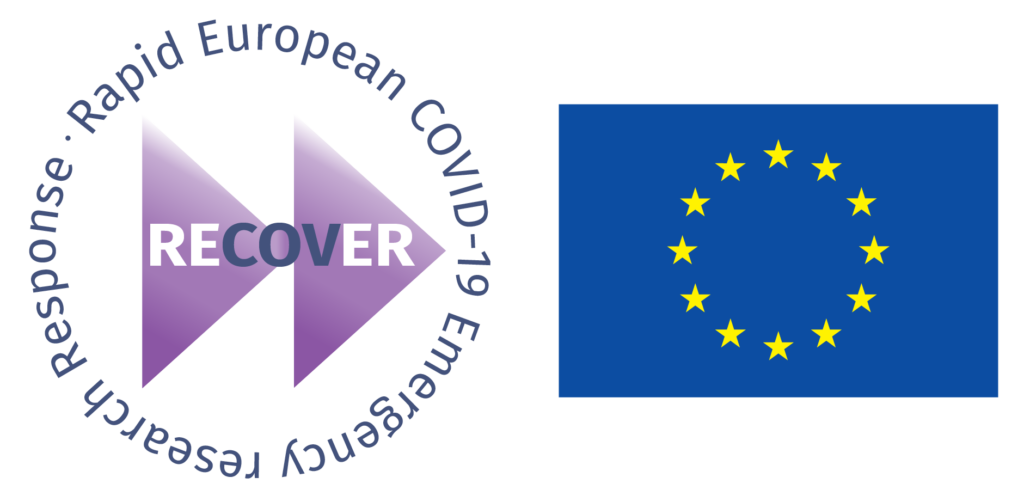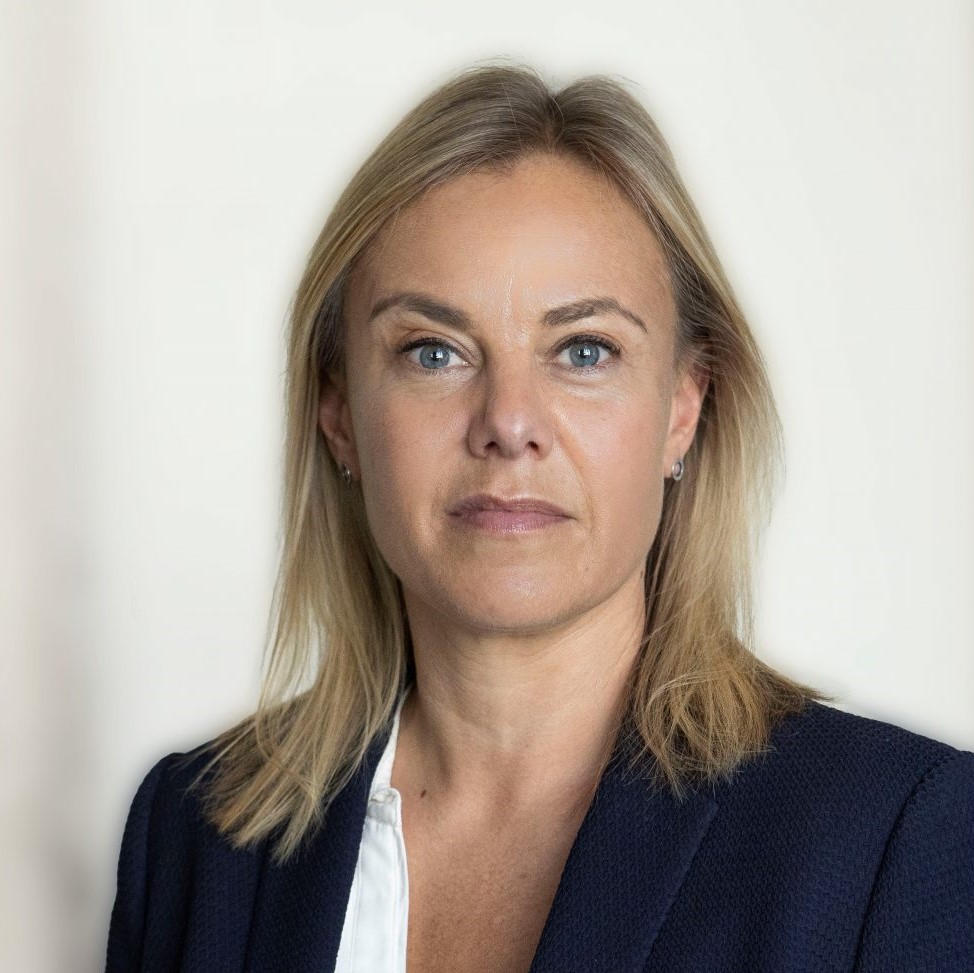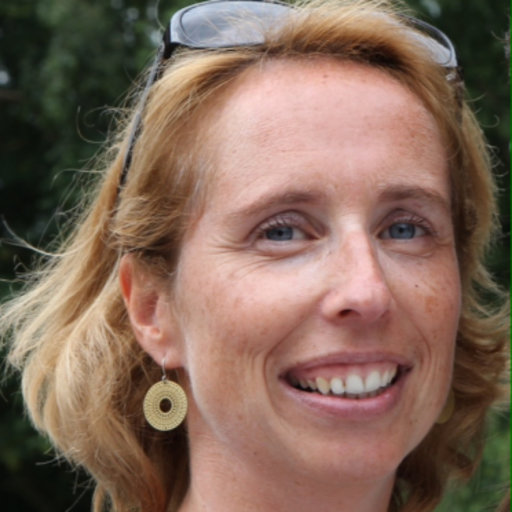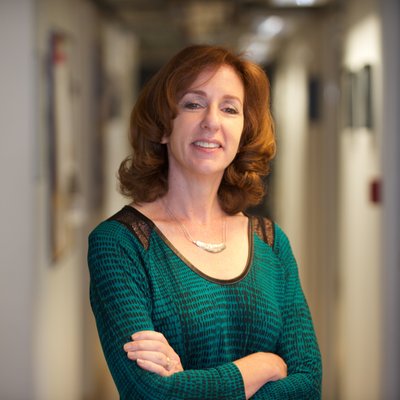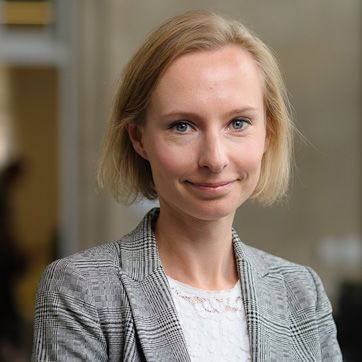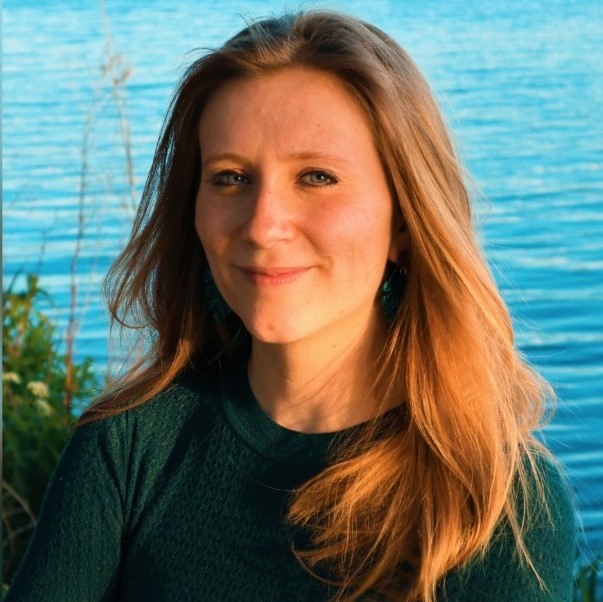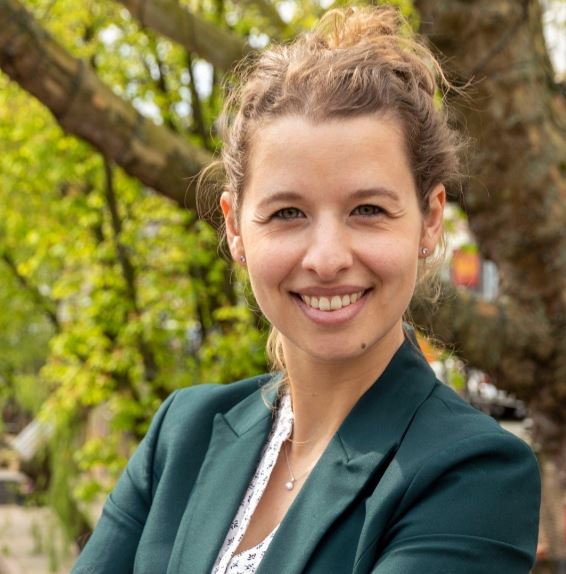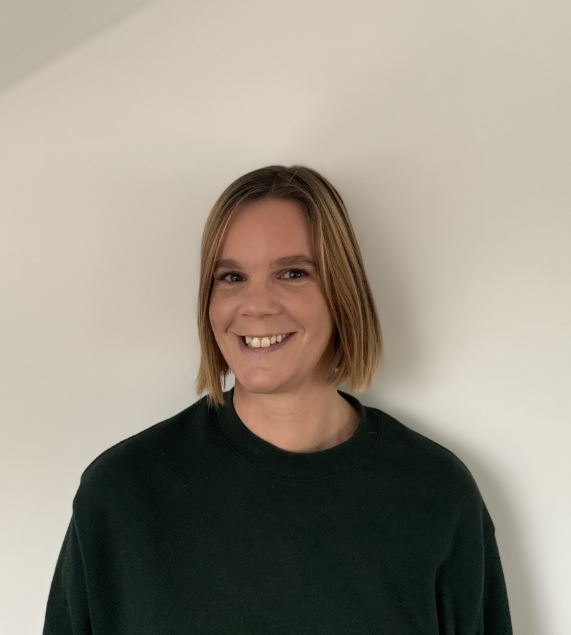Social Science Studies
Social science research has been embedded through cross cutting studies across the RECOVER work packages. These studies provide social and behavioural insights into patient and clinician experience of providing and receiving care during the COVID-19 pandemic.
The overall objectives of the social science studies are to:
- To develop our understanding of public perception of risk; public trust in health professionals, in governments, and in science; public willingness to take part in clinical research and public notification and consent preferences
- To explore primary care patient and primary care healthcare professionals’ perspectives on the coronavirus pandemic in selected European countries
- To explore hospital care healthcare professionals’ perspectives on the coronavirus epidemic in selected European countries
- To interview household members living with a person who is confirmed to be ill in order to collect data on knowledge, perception, fears, attitudes, and behaviour with respect to the pandemic
- To explore scientists’ views and experiences of working in the public eye on COVID-19 research with an emphasis on new roles and responsibilities, experiences with informing the public, experience with informing policy, and how this has impacted their professional work and personal lives

Social Science Studies Team
There are five social science studies:
Public Survey
Hospital Care Survey
Exploring the views and experiences of scientists working in the public eye on COVID-19 research
RECOVER-Qual
Household Transmission Study
Public Survey
This public survey will provide insights for public health agencies in tailoring communication messages and to guide communication strategies and clinical research planning at local and national levels.
Survey questions will offer insight into views on the public’s:
- Perception of risk;
- Trust in governments and in science;
- Willingness to take part in clinical research;
- Notification and consent preferences.
The survey will be conducted rapidly and key findings will be shared at the earliest possible point with relevant decision makers.
RECOVER-Qual
Semi-structured interviews will be carried out with healthcare professionals and patients from primary care sites in Europe to explore their perspectives on the pandemic.
A total of 8 European countries will participate in this study that will provide evidence to inform health service delivery strategies by understanding behaviours related to COVID-19.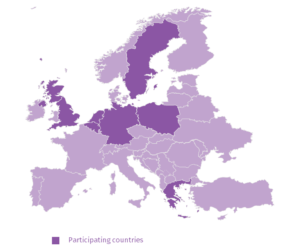
Interviews with healthcare professionals and patients will be analysed to help answer key questions about health-seeking behaviour, delivery of care, perceptions of risk and public health messaging. We will also examine similarities and differences in perceptions across countries and between patients and professionals.
Hospital Care Study
A rapid survey with healthcare workers in hospitals across Europe will understand their perspectives of infection prevention and control procedures during the pandemic.
A rapid survey has been carried out in hospital sites to understand healthcare worker views that can inform:
- Hospital strategies for implementing IPC guidelines;
- Communication strategies;
- Strategies to protect healthcare worker physical and psychological health.
Enrolment to participate in this survey has been closed. Study results will be published on the RECOVER website as soon as possible.
Household Transmission Study
A study conducted in relation to WP6 Epidemiological Studies and Modelling will collect data on knowledge, perception, fears, attitudes, and behaviour with respect to the pandemic.
Household members will be interviewed to better understand how they are coping and how they are managing to implement recommendations that aim to prevent spread of infection within the home.
Exploring the views and experiences of scientists working in the public eye on COVID-19 research
The main aim of this study is to explore scientists’ views and experiences of working in the public eye on COVID-19 research with an emphasis on new roles and responsibilities, experiences with informing the public, experience with informing policy, and how this has impacted their professional work and personal lives.
